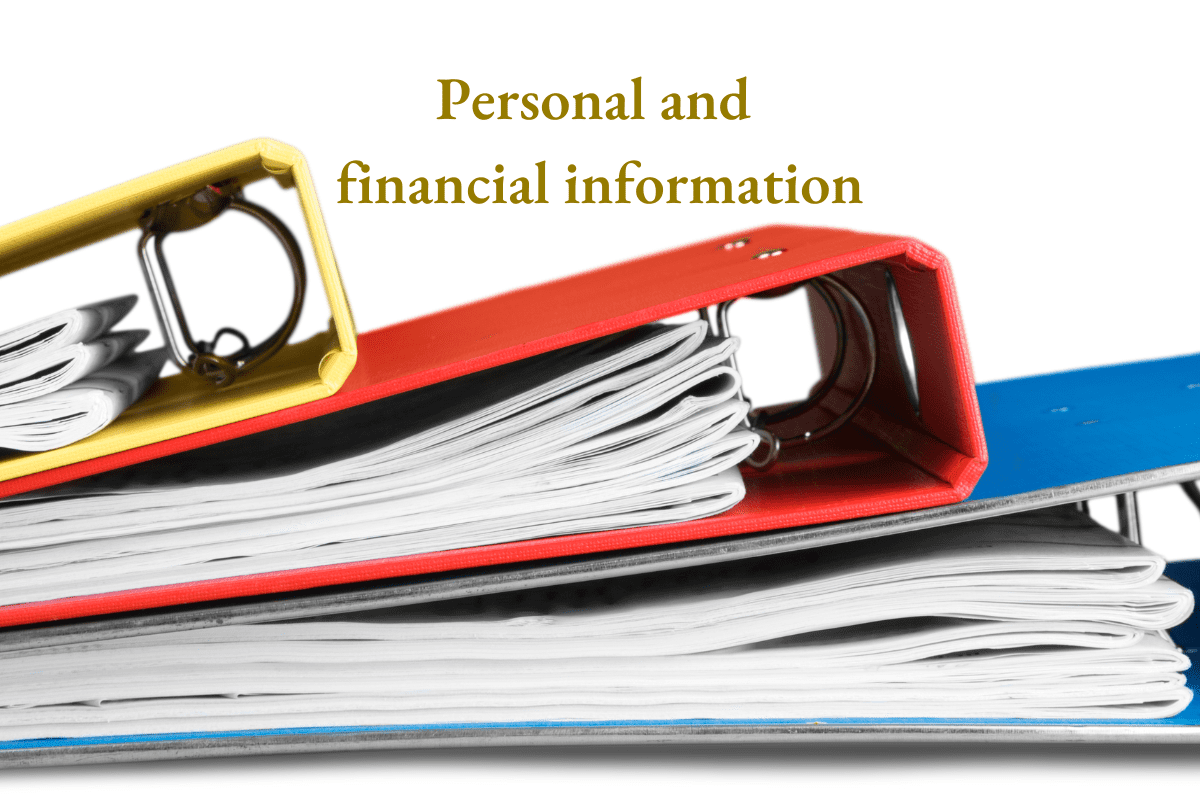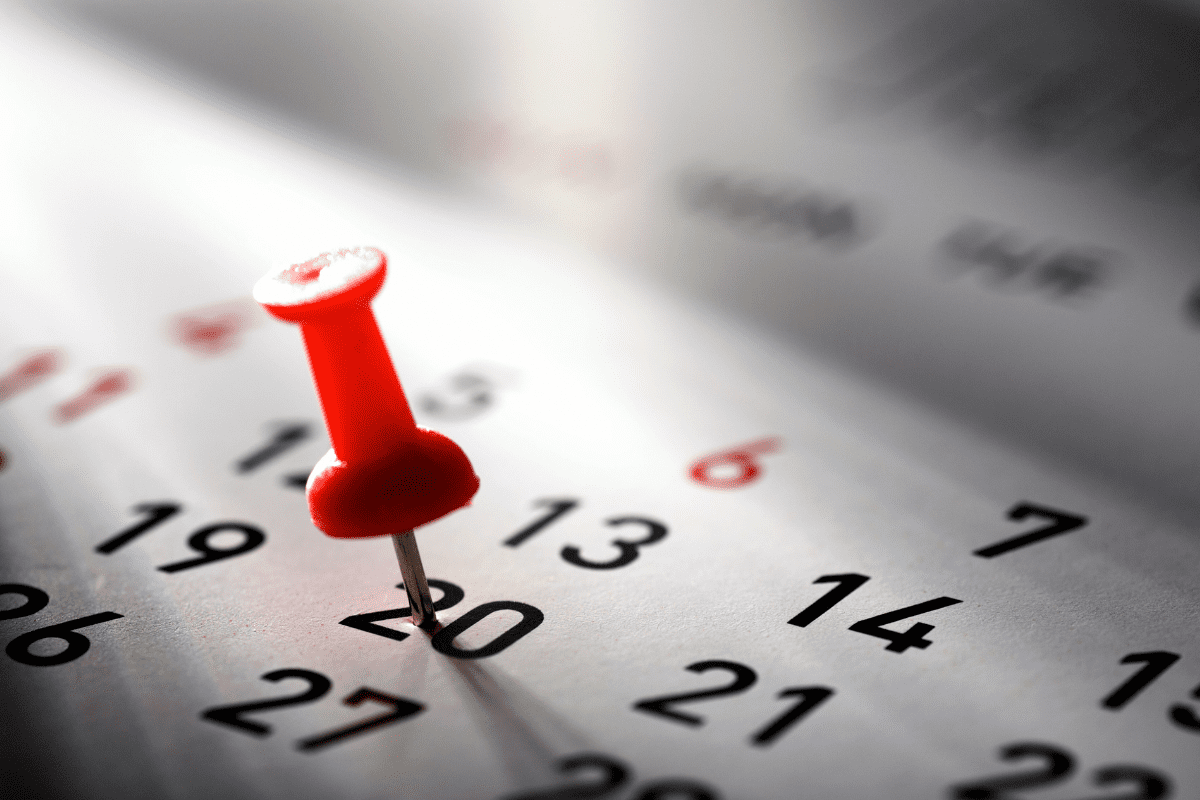I prefer to start an article on a positive note but unfortunately have to start with a sad event that happened recently in our lives. My wife’s grandmother died on the 8th October at the ripe old age of 94. She was very ill in the end and as it has been said many a time for people in her condition, that it was a blessing in the end. However, it is obviously a sad time for the family. I will remember her fondly. I knew her for 18 years and she was a very Southern Italian ‘Mamma’ type. Always keen for you to take more food from the table (resulting in my first few years in Italy coinciding with a 5 kg weight gain – I can’t blame it on her – my ‘golosità for good food was more to blame!). She was also a great support for my wife and I when my son was born and came to live with us for a period to help out in the house and provide much needed help at a tough time for all new parents. I also had a few run-in’s with her, but nothing serious. All in the name of a good healthy relationship. As I said, she will be sorely missed.
But as always, when a family member dies we are left with a number of bureaucratic and administrative hurdles which need to be dealt with. In Nonna’s case, there are various bank accounts, US social security and ‘succession’ issues which now have to be worked through. Hopefully it won’t be too complicated as Nonna had very little left in her name when she died.
This is not always the case and in fact my experience is that the deceased tend to leave quite a lot more bureaucratic matters than perhaps they would have wanted to, and certainly than the remaining family members would have wished for. But, we can make some preparations, in life, for the ‘inevitable’ and leave the best parting ‘gift’ possible for the remaining family members.
The following article is one which I wrote first back in April 2018 (https://spectrum-ifa.com/preparing-the-folder/) and since then I have shared it again on a few occasions. It seems appropriate to share it again with you now, especially since we are 4 years on since that date, we have all lived through Covid and faced with some interesting times ahead, so it would seem. (I have also made some updates to the original article to take account of changing technological developments). I hope you find it useful.




